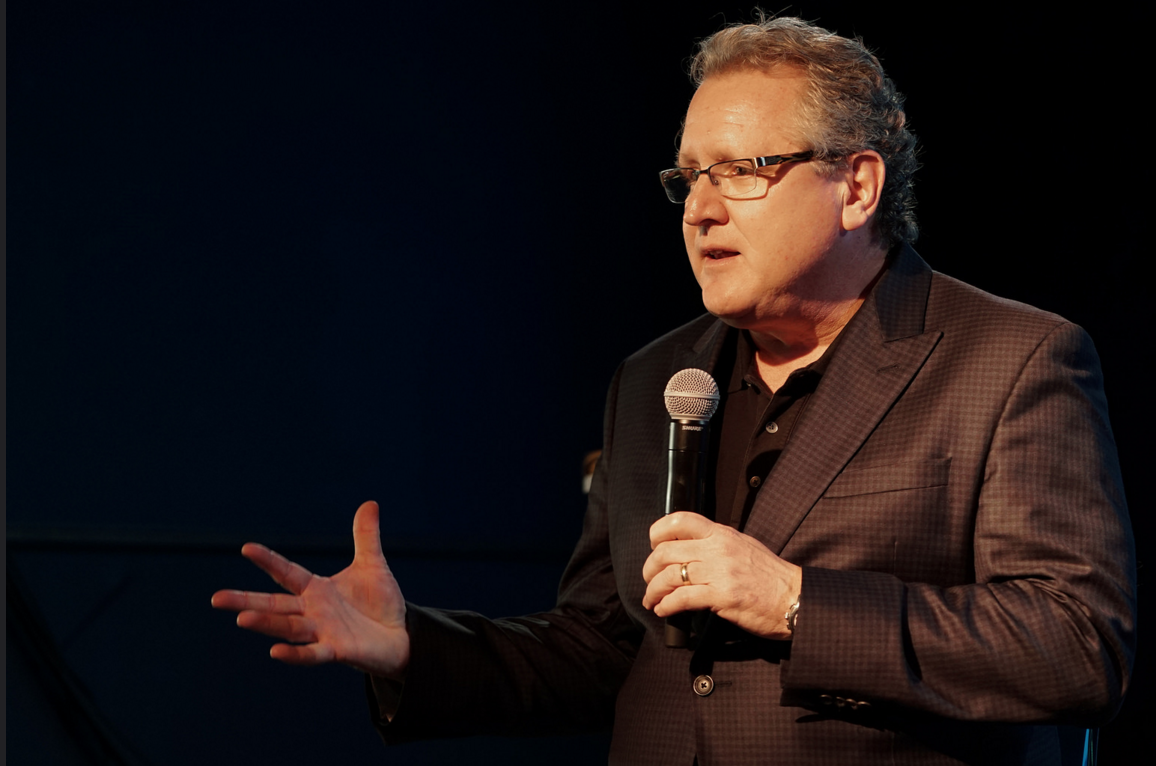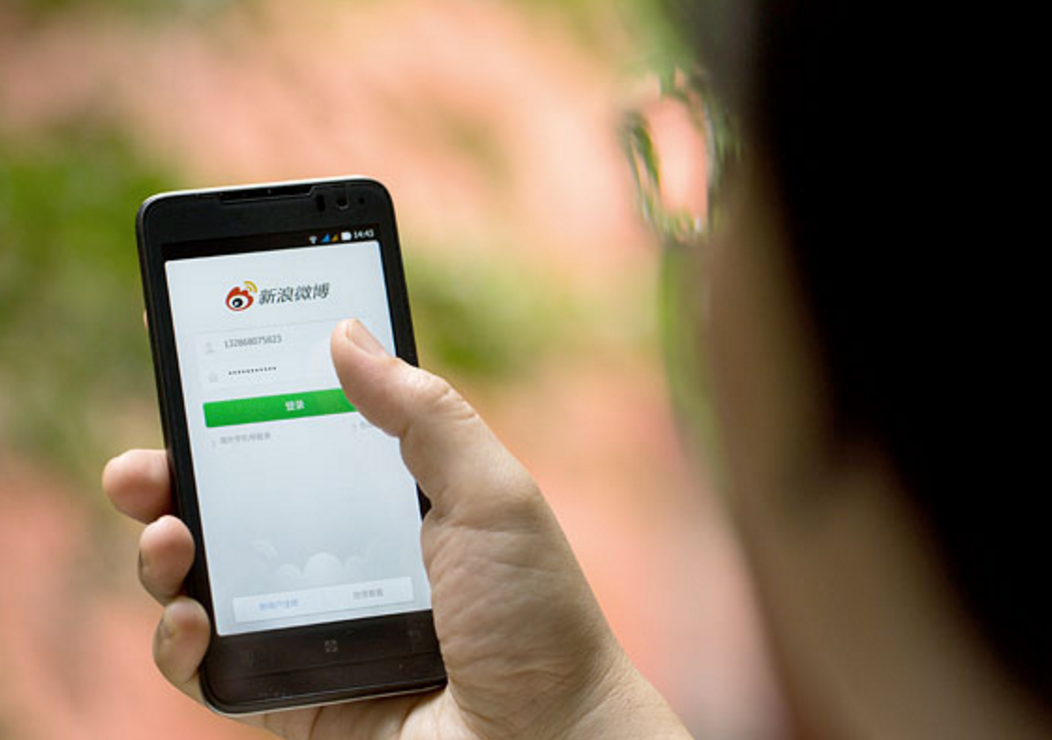By Mark W. Schaefer
Ignore the hype that we’re all becoming more superficial and narcissistic because of our obsession with social media. What’s really going on is far more incredible.
That’s the conclusion from an extraordinary research study by University College London provided in several new books and reports.
Nine anthropologists spent 15 months living in nine communities around the world, researching the role of social media in people’s everyday lives. The reports show how social media is now woven into the texture of the relationships of Chinese factory workers, young Muslim women on the Syrian/Turkish border, IT professionals in India, and poor children in Brazil.
UCL has created a website where you can browse video interviews and dig into the research but I thought I would provide a summary of some of their results. These are real conversation starters and I hope you’ll let me know what you think in the comment section. Here we go.
1. Social media is not making us more individualistic

Individual-based social networking is said to have grown at the expense of more traditional personal relationships. The research found this in some instances, but more commonly found social media being used to actually reinforce traditional groups, such as family, castes, and tribes, and to repair the ruptures created by migration and mobility.
2. Social media is an important catalyst to education
Spending too much time on social media can distract children from their studies but the group found that many schools around the world also recognize that social media assists informal learning and maybe a primary means of education in some circumstances.
Often it benefits low income families with poor prospects in formal education. The study provided examples where people in developing countries are receiving a valuable education primarily through YouTube videos.
3. Selfies send different messages around the world
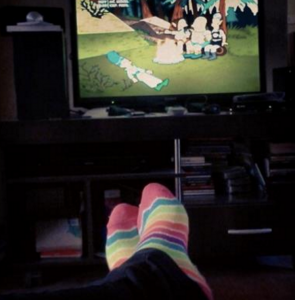
In northern Chile, people have created a type of selfie entirely unique to their region: the “footie,” which depicts a person’s feet while watching TV, indicating relaxation. In Italy, teenage girls will take dozens of photos and change make-up and outfits before settling on the right shot.
4. Equality online doesn’t mean equality offline
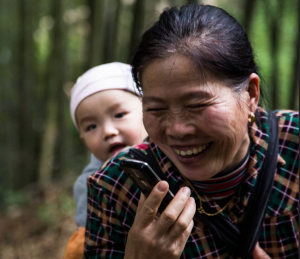
One example from China showed how social media can provide a subtle way to keep people in their place. Many Chinese social media platforms have game-like features that encourage users to collect points and display levels attained, often based on the amount of activity on a platform. This creates new forms of inequality online as poverty restricts the amount of time people can spend on the internet, therefore making it difficult to ascend the rankings.
In other cultures, the study showed people tend to associate with their “caste” and not typically make connections out of their social status.
5. It’s the people who use social media who create it, not the developers of platforms
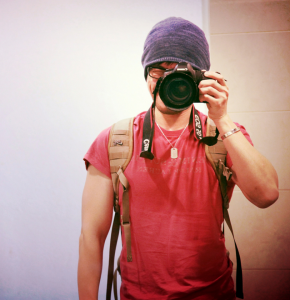
6. Public social media is conservative
The public-facing areas of social media platforms such as Facebook tend to be conservative, and in many of the research sites around the world people avoid political and religious postings.
By contrast more private social media, such as WhatsApp, may be used to facilitate (sometimes radical) social change. In India, in addition to surveillance by family and individuals, the type of content people share on social media is controlled by the gaze of other members of a person’s caste. A problematic post might bring dishonor to the entire caste, an important social unit in India.
7. We now “talk” through photos
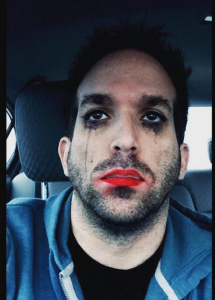
This benefits people who are not confident in their communication skills, as we can now simply communicate with pictures and images. Visual communication also helps maintains daily intimacy between family members separated by great distances.
8. Social media is not making the world more homogenous.

Social media is a new way to express cultural difference rather than a technology that has made the world more homogeneous. Populations in different parts of the world may use local or regional platforms and their own online “dialects” which keeps people separated and distinct, not united.
This finding is making me think about my own social media presence. While I have connections in every corner of the world, in general I do not spend my time online learning about their cultures. I tend to spend most of time with people in my business world … people similar to me. I don’t recall a single close social media connection I have in Japan, China, or South Korea. A missed opportunity, isn’t it?
9. Social media best promotes personal commerce.
Social media helps to develop aspects of commerce by expanding personal networks, such as peer-to-peer selling. Social media connection is a way to build trust that leads to new business relationships.
In Brazil, people commonly use WhatsApp to sell items to friends. In India, there is a considerable amount of new entrepreneurial activity based on people’s online social networks.
Most companies try to have a presence on social media, but it is the businesses that rely on personal connections which find it most worthwhile. We certainly see this in the U.S. as well with the explosion of online training and selling models.
10. Social media has created a new genre of communication based on groups.
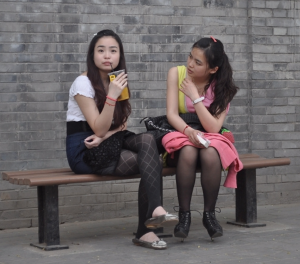
“Group communication” is something we take for granted today but is largely a modern implication of social media. When you consider it, this may be one of the most profound implications of the social media era — easy group communication and collaboration.
11. Social media is somewhere we live
Social media is not just a technology for communicating or entertainment. It’s now an online “home.” For some people living away from their family, it can become the main place they live, where they spend most of their time.
When people are far apart, they are able to recreate the sense of proximity of living together in the same home.
My stepson has been living in a remote Third World country as part of a Peace Corps mission. When he signed up, he was told that his predecessors had been able to communicate with the outside world only once every two or three months. But through advances in Internet access and social media, we hear from him in some form nearly every day, even though he’s in a jungle on the other side of the world.
12. Social media can have a profound impact on gender relations
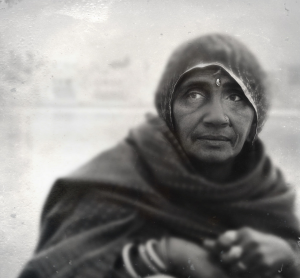
In a compelling case study, a young Turkish woman describes how she is able to access music, art, and literature that might not normally be available to her in a conservative society. She uses a nickname so cannot be recognized but laments that she may never be known for her music because of the need to use an alias.
13. Conversations and relationships are polymedia
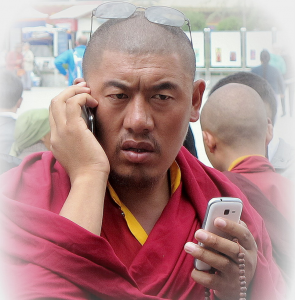
The study pointed to examples where conversations jump from platform to platform. Complex and transnational relationships may shift from between the platforms preferred by the different regions of the world.
I see this as also a potentially limiting factor. I was recently in India where WhatsApp is a primary source of connection and communication. I realized that if I was not on this app I might be missing opportunities to connect with friends in that country. Meanwhile, conversations may shift to Facebook or Twitter because that’s where my friends in India know they can find me.
14. Memes have become our moral police
Around the world, memes range from the serious, as with religious messages, to humorous parodies and jokes.
Memes are often used to assert one set of values and criticize others. People who might be shy about expressing their own values and opinions use memes instead. In some cultures, memes and inspirational quotes and photos provide a way to voice complex feelings like romance.
In many parts of the world, humorous memes provide an outlet for difficult or dangerous situations.
15. Social media is a threat to privacy, but can also provide privacy
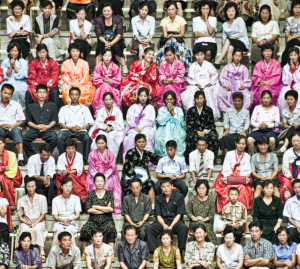
However, social media can also provide a taste of privacy to those who have never known it. Some of the largest populations in East and South Asia live in crowded, extended family circumstances with limited expectations of individual privacy. For them social media can be their first experience with any kind of private connection.
Social media also gives people a chance to connect and interact with absolute strangers, which was previously difficult or impossible. One case study showed how women in India celebrate the potential for bonding on social media outside the male gaze.
I will continue to dig into the study because it provides a thought-provoking view of the social media world I love. Any surprises or insights for you?
Illustrations Courtesy of Flickr CC and (section 1) Bert Pot; (section 3) courtesy UCL; (section 4) Jeremy; (section 5) Eddie; (section 7) Davidaugustactor; (section 8) Ann McLeod; (section 12) Nick Kenrick; (section 13) Peter Hunzicker; (section 15) Sam.
